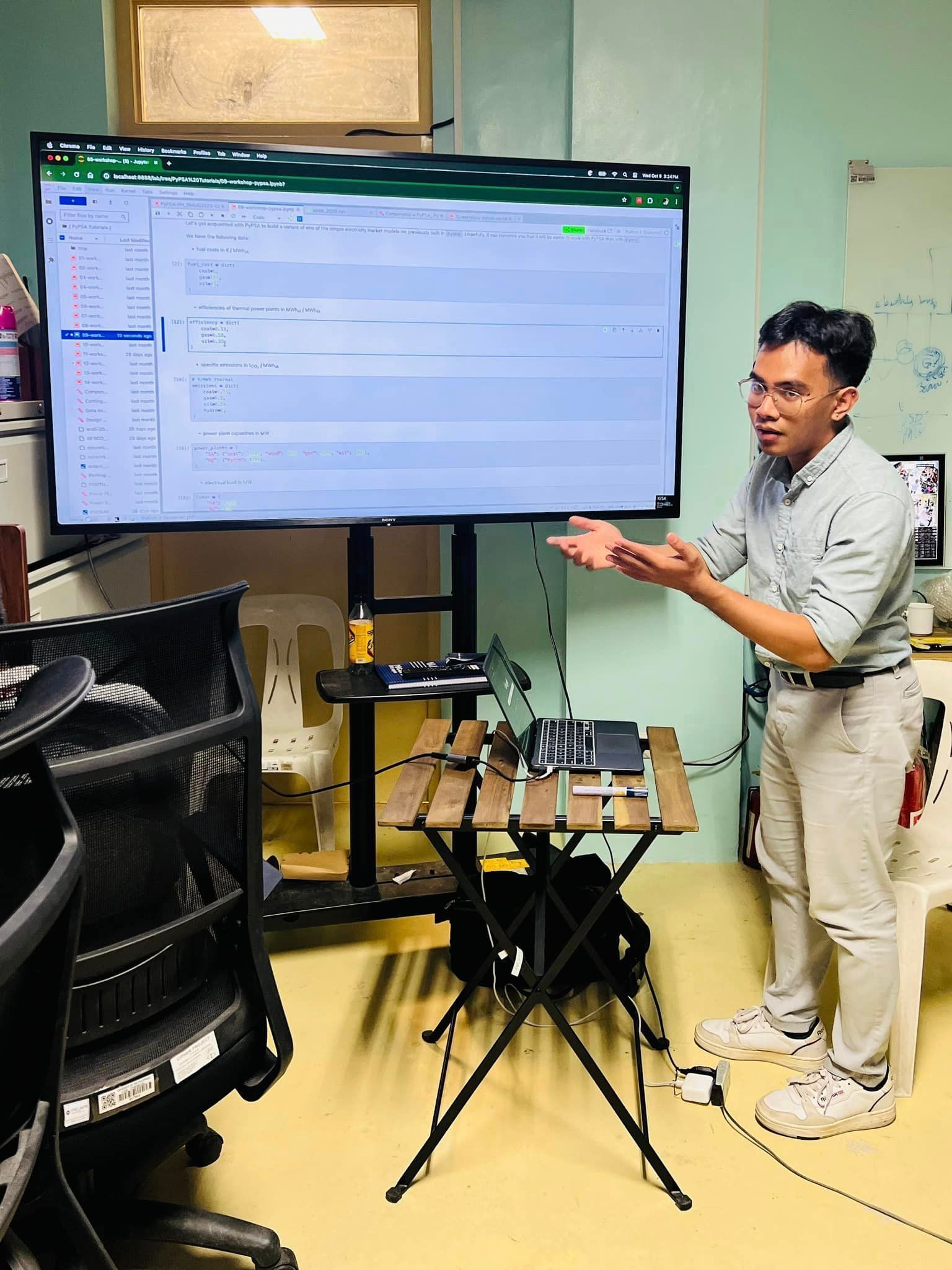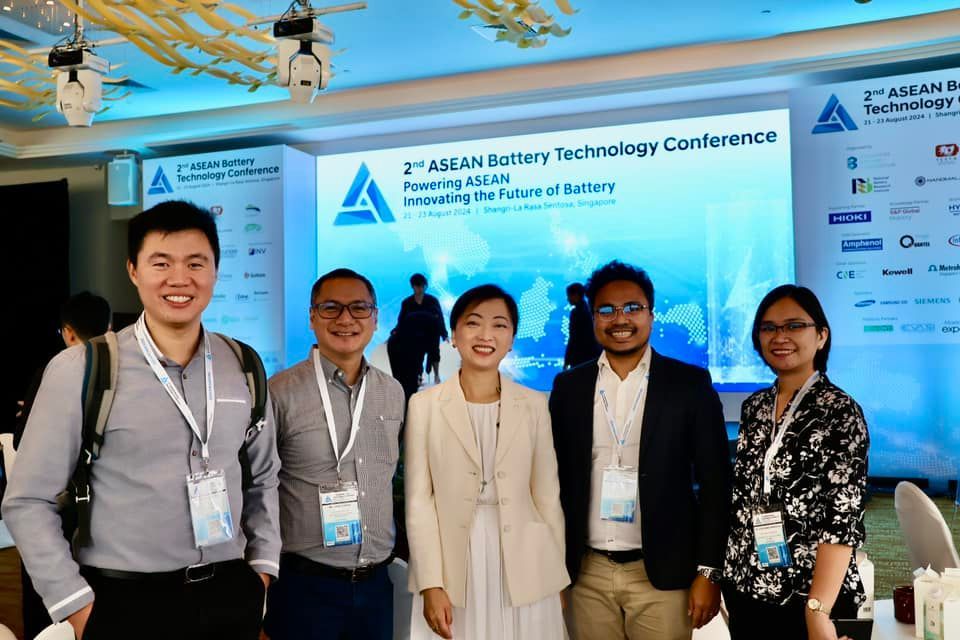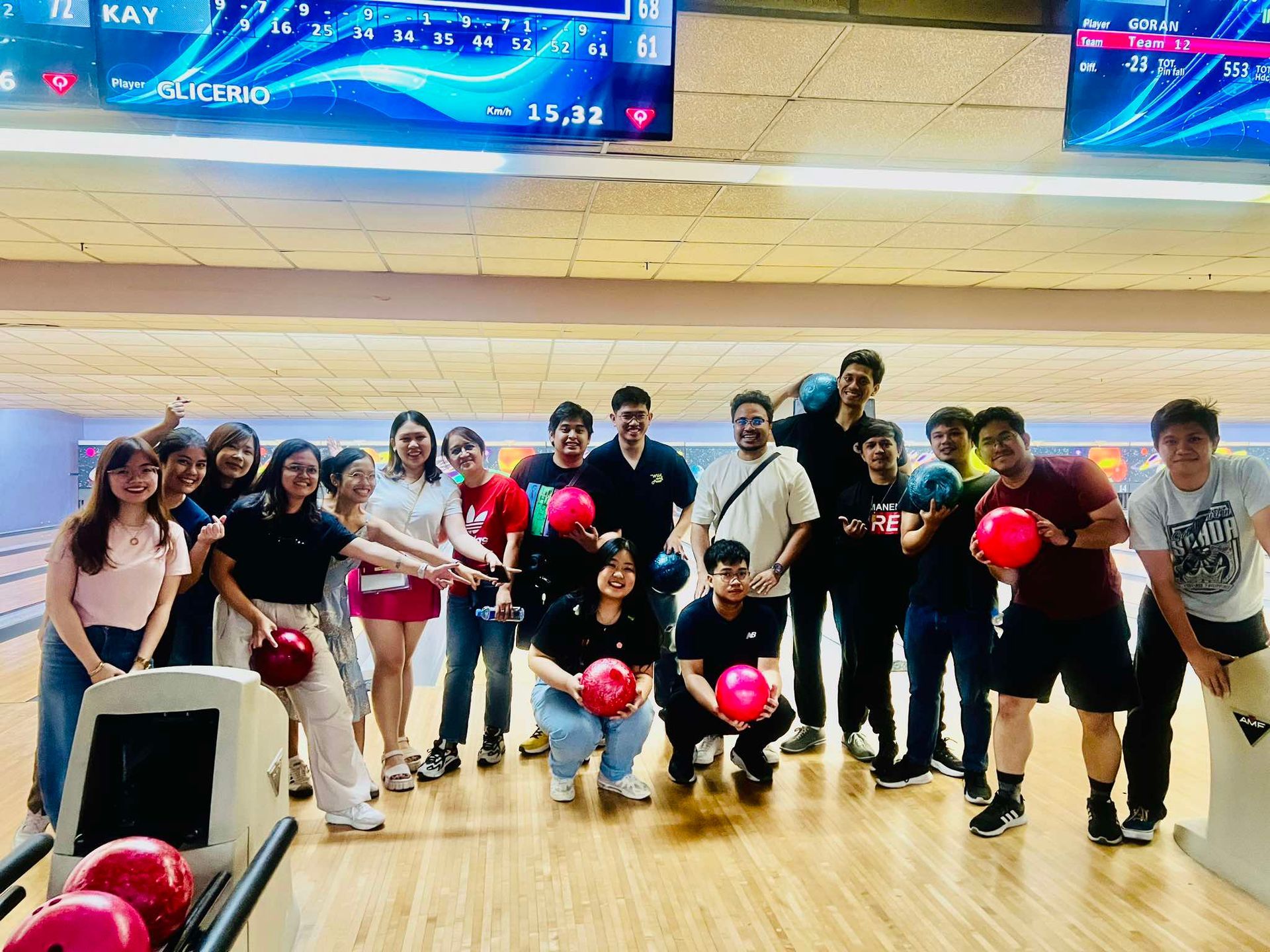LEE members present at SEGT 2019
Mr. Xaviery Penisa, Mr. Niel Gabriel Saplagio, Mr. Marco Dejucos, and Mr. Harold Panganoron attended the 2019 International Conference on Sustainable Energy and Green Technology held at the Millenium Hilton, Bangkok, Thailand from 11-14 December 2019. The said conference is co-organized by six research centers across Asian region. Participants represented various institutions from 35 countries around the world.
The theme of SEGT2019 Conference is “Shaping the Future of Green Energy and Technologies” with the aim of promoting research in the field of sustainable energy, green technology, environment and climate change, and facilitate the exchange of new ideas in these fields among academicians, engineers, scientists, and practitioners. There was two plenary speakers – Prof. Ibrahim Dincer from University of Ontario Institute of Technology and Prof. Jiri Jaromir Klemes from Brno University of Technology. The theme of the conference was explored by five keynote speakers – Prof. Somchai Wongwises, Prof. Wei-Hsin Chen, Prof. Jo-Shu Chang, Prof. Meng Ni, and Prof. Jamal Chaouki – and further tackled by two invited speakers – Mr. Wallop Lamlertpongpana and Mr. Warot Lamlertpongpana – from the American Society of Heating, Refrigeration, and Air Conditioning Engineers (ASHRAE).
Mr. Penisa presented his research “Projecting the Price of Lithium-ion NMC Battery using a Multi-Factor Learning Curve Model” which looks into the future prices of NMC battery pack and cell which can contribute to the decision making of investors in the energy sector and promote price competition among manufacturers of energy storage technologies.

Mr. Saplagio presented his research “Grid Parity Analysis of Solar Photovoltaic and Battery Stand-Alone Systems in Commercial and Residential Sectors in the Philippines” which aims to determine the year where the cost of a stand-alone PV-battery system will be at par with the electricity rate. His research helps the commercial owners and residential establishments to determine the time where the system will be financially viable.

Mr. Dejucos presented his research “Waste Biomass Integration to Reduce Fuel Consumption and Levelized Cost of Electricity in Philippine Off-Grid Islands” which investigated the feasibility of integrating biomass to the existing energy system on 13 large off-grid islands in the country. His study provides a systematic techno-economic study on the potential of incorporating waste biomass in off-grid islands.

Mr. Panganoron presented his research “Hydrothermally Carbonized Waste Biomass as Electrocatalys Support for a-MnO 2 in Oxygen Reduction Reaction.” His work investigated the viability of waste biomass as a novel, low-cost, and highly durable alternative support to enhance the activity of a-MnO 2 towards ORR.





